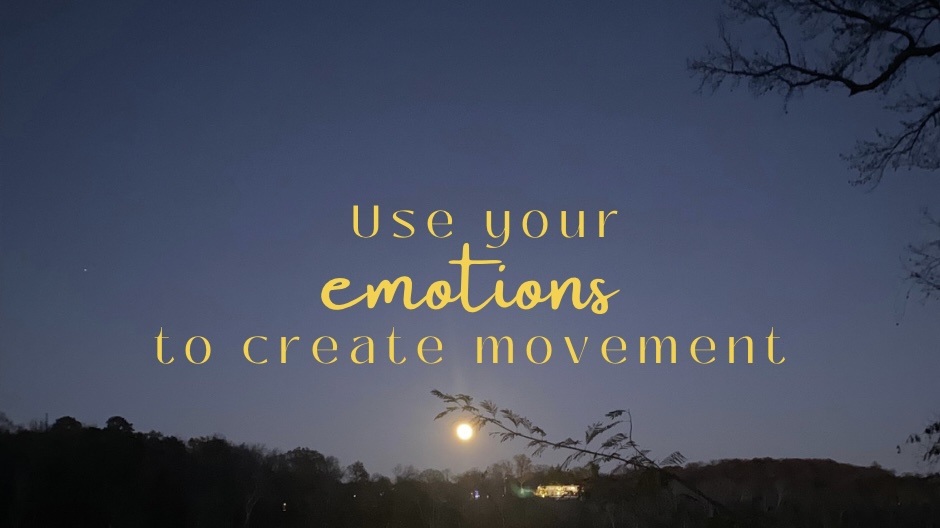Before last week, I couldn’t remember the last time I was angry—really angry. Then, it came in quick succession. The first was on the ride home from dropping the little one off at preschool. I was listening to a radio program about decriminalizing young people who have been sex trafficked and then caught as sex workers. I was incensed, thinking about the young person who had literally been sold into slavery, then recovered, only to be thrown into prison.
The next moment came at a neighbor’s home. I was looking through her beautiful old journals from the 1960’s and uncovering some of the social justice issues in which she had been involved. Quickly, our conversation moved to how many of the issues she was pushing for back then are still issues—some are even worse.
Almost as a coincidental remedy, I found myself nose-deep in a section of Julia Cameron’s book which spoke about anger.
- “Anger is fuel.”
- “Anger is meant to be listened to.”
- “Anger is a map.”
- “Anger shows us where our boundaries are.”
- “Anger is meant to be acted upon.”
- “Anger is use-full.”
My recent fits of anger took on a new light. Anger became a map to an untapped passion. One of the most difficult questions in my life has been, “What are you passionate about?” Now, I can’t help but to think, “If only I had spent years looking at those things that made me truly angry.”
I was reminded of Jesus’s anger as he entered the temple, so I went to the source (Matthew 21:12-14) to read that famous scene:
Jesus entered the temple courts and drove out all who were buying and selling there. He overturned the tables of the money changers and the benches of those selling doves. “It is written,” he said to them, “‘My house will be called a house of prayer,’ but you are making it ‘a den of robbers.’” The blind and the lame came to him at the temple, and he healed them.
How often was Jesus surrounded by sinners? How few times do we actually see this type of heightened emotion? There is something about this moment that is important. It reveals just how much this “den of robbers” in His fathers house truly angered him.
In Christian circles, we often talk about this passage as Jesus showing “righteous” anger. By passing it off as just that, I missed a key point. In past readings I had missed the last line completely. In exiling the money changers and those selling doves, he made space for the poor—those who needed healing. His anger created the map of what and who belongs where in the temple. His anger created clear boundaries.
I saw that my anger created a map of the next steps. For years, I had become comfortable with the idea of being a “light in the darkness,” but I had no idea what that practically looked like. This deep anger showed me, practically, where I could tread if I dared to take the first step.
How have you looked at anger in the past?
When might Christ be pleading with you to turn from indifference to anger?
What would be on your own list of things you are angry about? What can you learn about yourself from this list?

